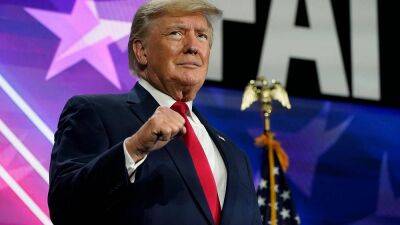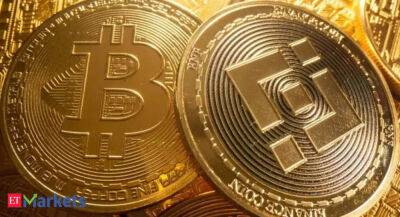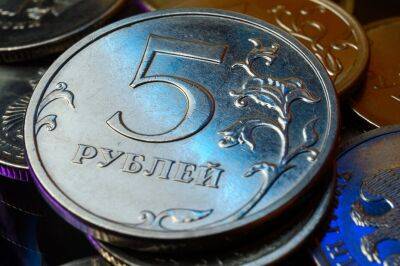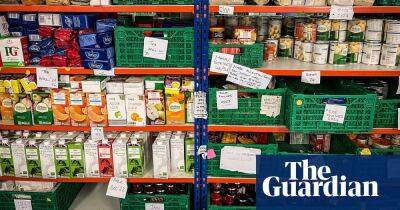EU foreign ministers weigh up ban on Russian gold imports
EU foreign ministers are discussing a ban on Russian gold imports, the most significant measure in a limited plan by the bloc to further curb funding for the Kremlin’s war machine.
The EU’s high representative for foreign policy, Josep Borrell, said the ban on Russian gold was the most important measure of the latest plan, which is focused largely on “improving the implementation of the already existing sanctions”.
The EU has passed six rounds of sanctions against Russia, but agreeing the last package – an incomplete ban on oil agreed in May – was a bruising experience that revealed stark differences on how far the bloc should go.
The latest measures have been nicknamed the “six and a half package”, in a sign of the limited appetite for further sanctions against Russia.
Borrell laid bare the disagreements, telling journalists on arriving at the meeting of EU foreign ministers in Brussels on Monday: “There is a big debate about are the sanctions effective, are the sanctions affecting us more than Russia. Some European leaders have been saying that the sanctions were an error, was a mistake; well, I don’t think it was a mistake.”
According to the draft regulation seen by the Guardian, the EU will ban “the direct or indirect import, purchase or transfer of gold, which constitutes Russia’s most significant export after energy”. The plan is expected to be formally approved later this week.
The gold ban follows a similar move by the G7, which includes the EU’s three largest economies. The value of gold exports to Russia elite has increased as a way to avoid western sanctions.
Ukraine’s special envoy on sanctions, Oleksiy Makeyev, said he would “not underestimate the meaning” of the latest EU sanctions. Speaking on BBC Radio 4’s Today
Read more on theguardian.com









![Monero [XMR]: Every detail you need to know about latest hard fork](https://finance-news.co/storage/thumbs_400/img/2022/8/16/37295_e1ytg.jpg)










